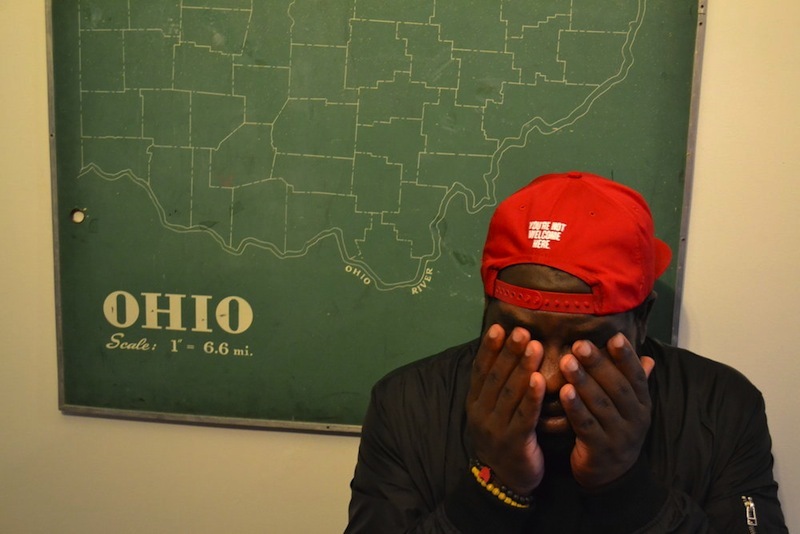At Real Life, poet and cultural critic Hanif Abdurraqib offers a personal essay about aging. Abdurraqib is approaching his mid-thirties, so he’s not quite “old” but definitely growing older. He relates the surprising willingness with which he relinquishes the obligatory socializing of his twenties, and prizes the fewer but more intimate friendships of his thirties. He also suggests that “being old” is more a matter of cultural signifiers than a matter of age. Here’s an excerpt from the essay:
Lately I have found myself trying to unravel the somewhat counterintuitive idea of aging as something which grants a kind of freedom, particularly for those of an age that places them in a kind of middle ground: old enough to have real responsibilities like bills, full-time job(s), or even a mortgage, but not old enough to be seen as middle aged, when a type of settling down is seen as tradition. If there is a freedom here, it’s in the ability to cling to ideas of youth while also teasing out the comforts of what we imagine being old looks like. One friend says I’m such a grandma while putting on sweatpants at 7 p.m. and pulling several blankets over herself. I’m such an old man I joke, while digging my hand into a massive bowl of popcorn and letting stray bits of it spill all over my lap. People hear this and laugh, nodding from the shell of their own comforts.
There will be a time, perhaps this week, where I will think better of whatever revelry my friends will try to coax me into, or I will give in to the revelry and find myself out at a bar inside of an hour where all I can think about is the comfort of my bed. This happens more frequently now — not just with me, but with all my friends. All of us, ranging from our late 20s to early-mid 30s, finding ways to get out of the plans we made weeks, days, or even hours ago. The times in which we hang out become earlier and earlier. Dinner plans become lunch plans, which become breakfast plans. After the concert lets out and the venue coughs our bodies out into the cool night, there are rarely after-show plans. Gone is the moment where we would cram ourselves into a booth and run our feet along some grease-slicked floor at a diner with our ears still ringing.
It is good for a brief bit of nostalgia, of course — the type of nostalgia that arrives when a person still has access to the places or things they find themselves nostalgic over. Late last summer, my pal Eve came to town, and we went to some festival where Third Eye Blind played their hits and not much else. Afterward we drove all the way across town with two of my other pals to laugh in a Waffle House booth until two in the morning, and I imagine none of us felt over 30 in that moment. That is the mercy of living in such moments, I think — to allow yourself to briefly ignore the truth that you are hurtling toward the inevitability of becoming your parents. I didn’t feel anything as I drenched a waffle in syrup, or as I slapped my open palm on the table after a joke. I didn’t feel anything until the next morning, when my alarm went off, and I stared at the ceiling, trying to remember what it was like to not have to get out of bed.
Image of Hanif Abdurraqib via Treble Zine.
